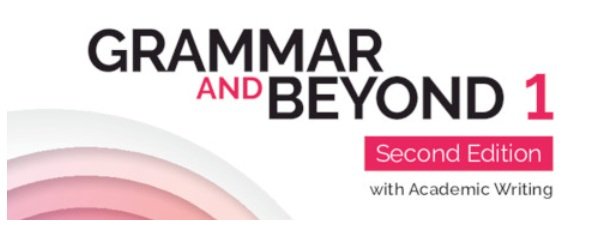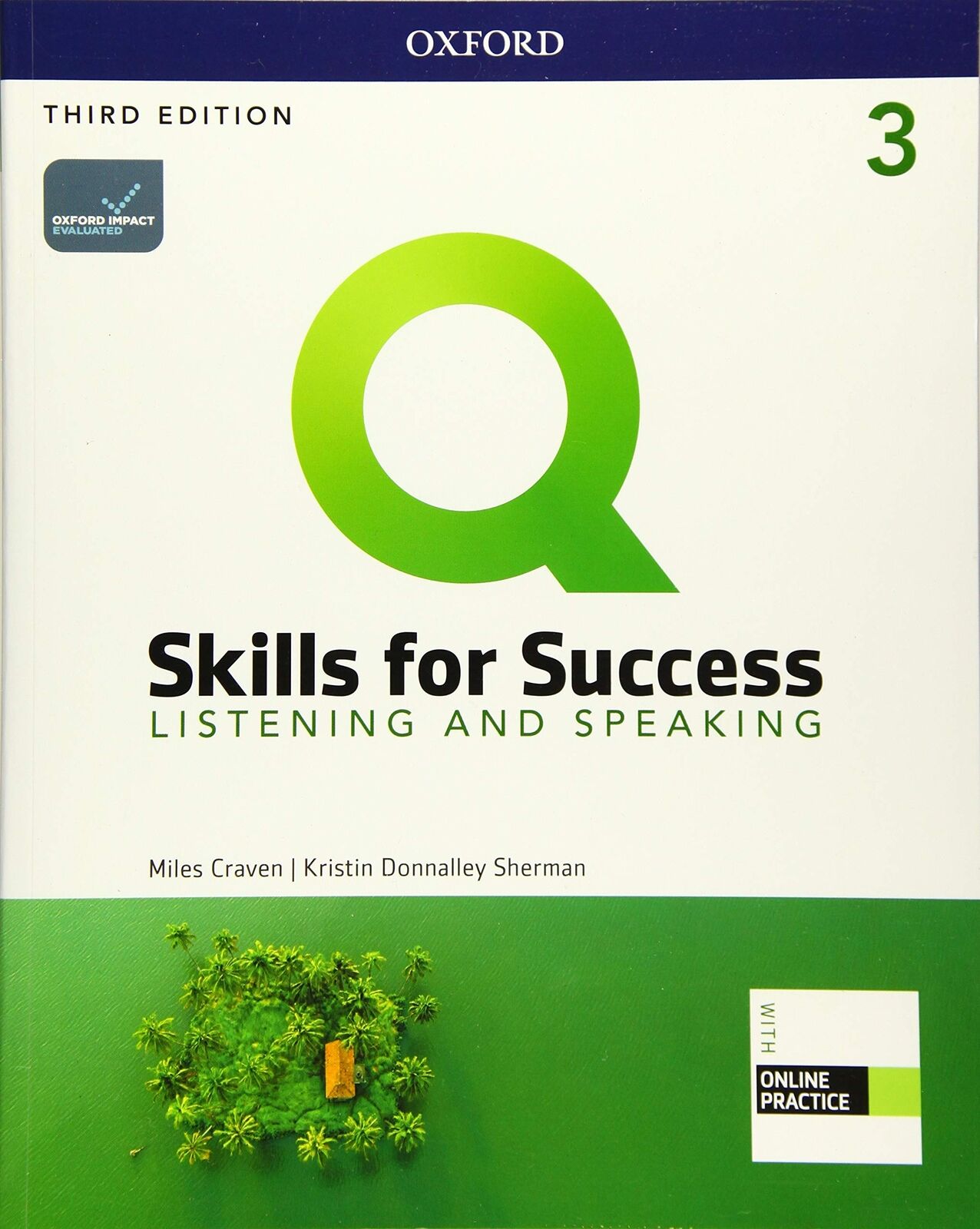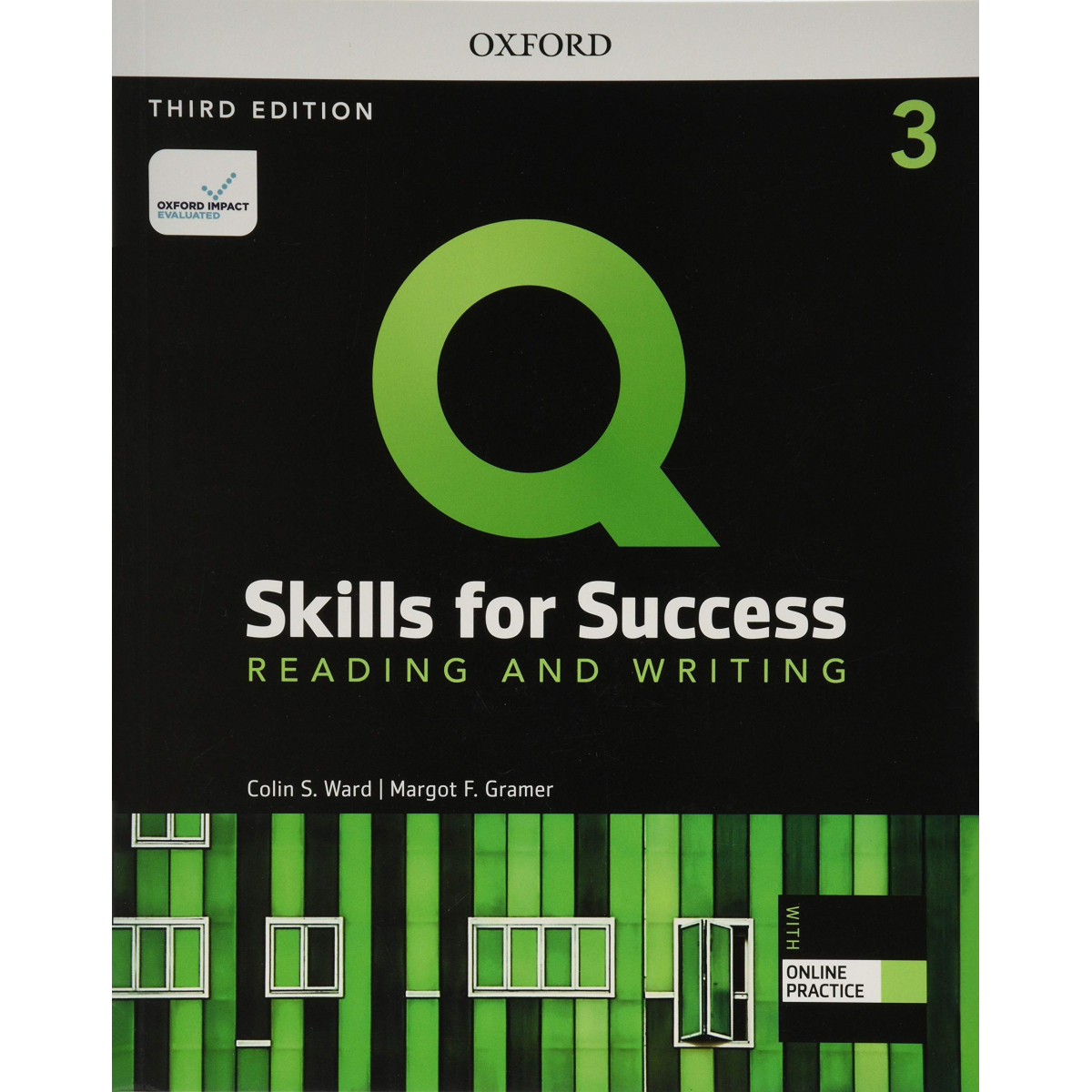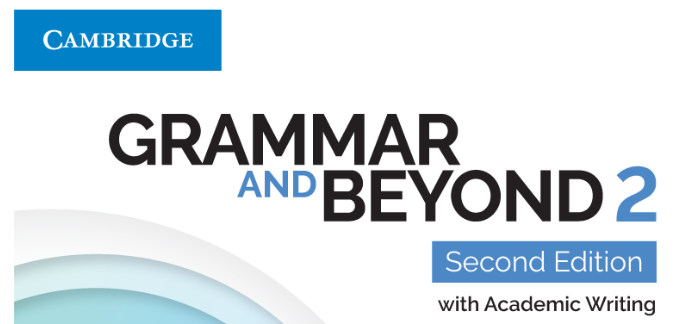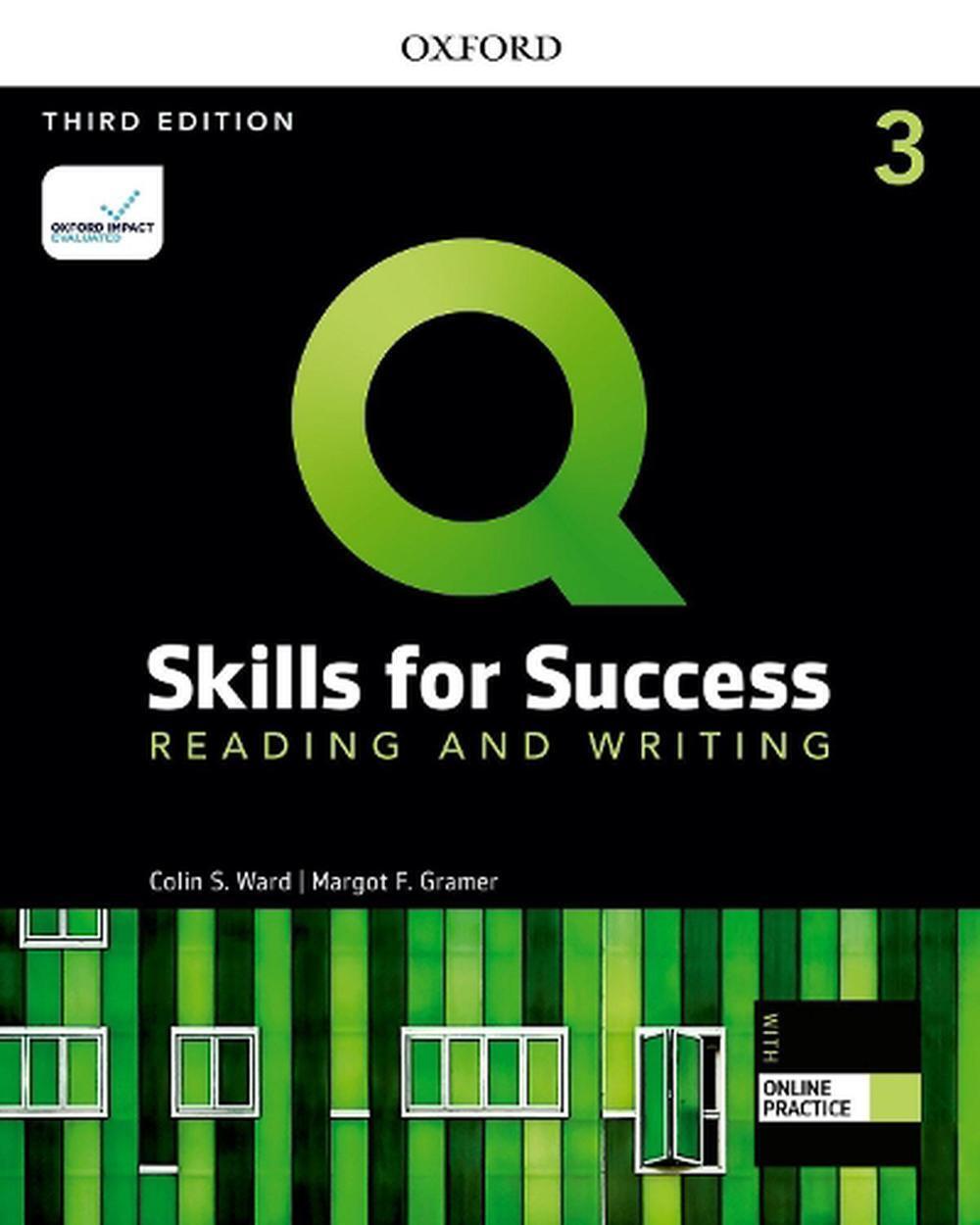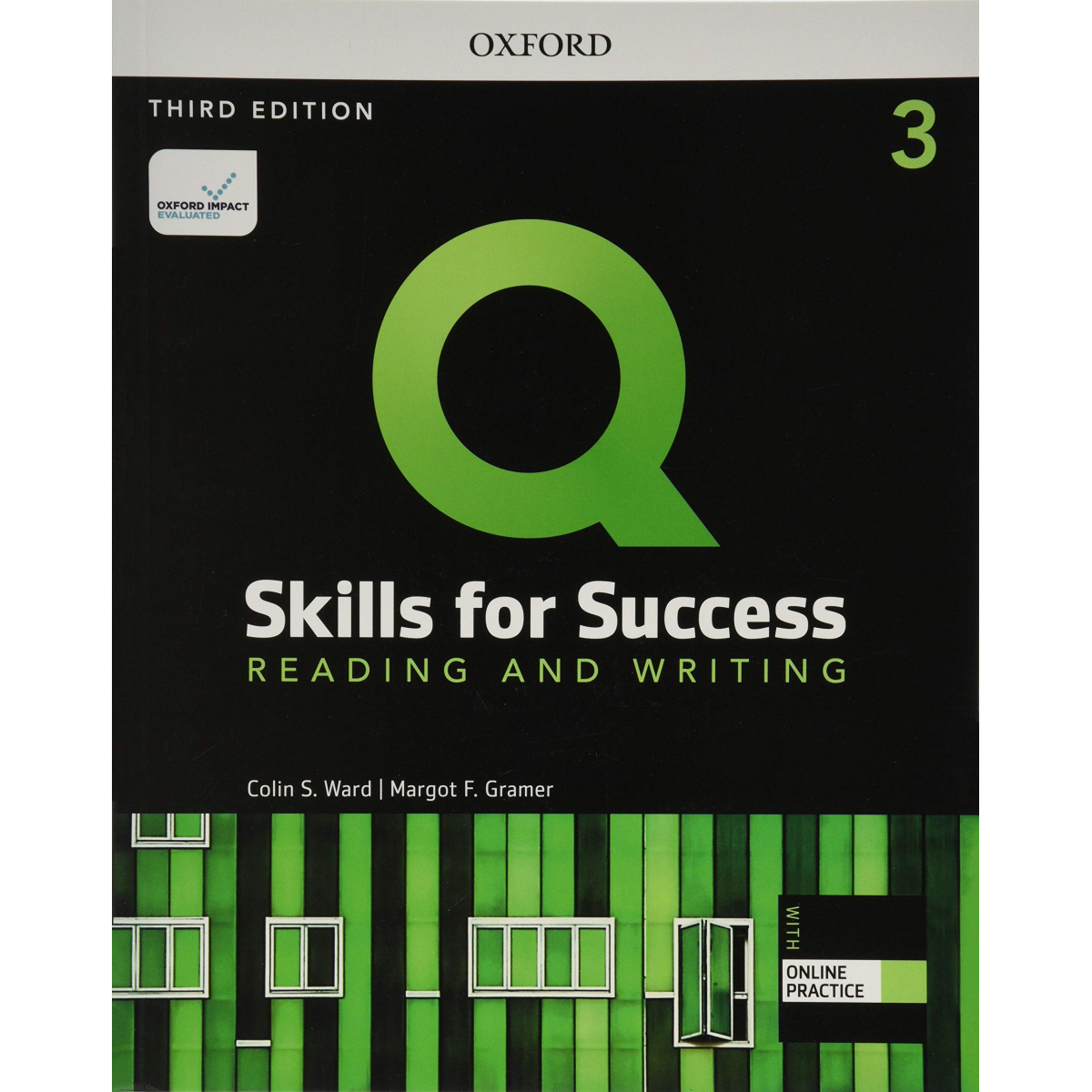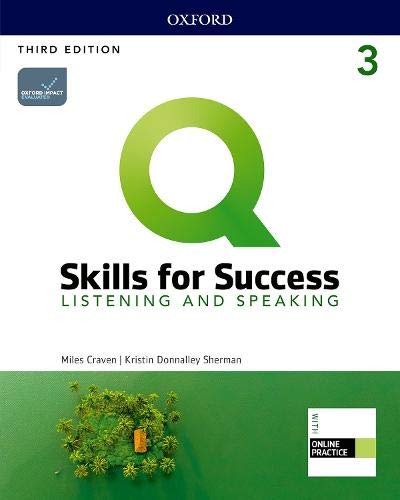- Teacher: test test
Al Buraimi University College
Skip site announcements
Skip available courses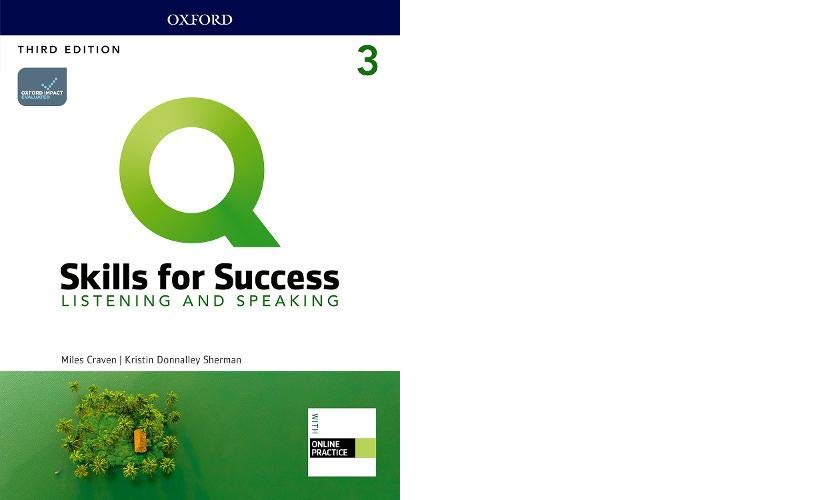

Skip course categories
Site announcements
The cut-off date for posting to this forum is reached so you can no longer post to it.
There are no discussion topics yet in this forum
Skip available courses
Available courses
- Teacher: Sadia Jabeen
- Teacher: Sadia Jabeen

🌟 Course Overview
Level 2 Listening & Speaking develops confident communication and active listening skills, preparing students for academic discussions, presentations, and real-life interactions.
Key Learning Outcomes:
Paraphrase information from spoken texts
Express opinions, agree/disagree, ask clarifying questions
Deliver a 5-minute presentation with confidence, correct pronunciation, and body language
Identify main ideas and details in lectures, news, and conversations
Follow multi-step spoken instructions
Use everyday vocabulary and idioms naturally
Interactive Activities:
Pair/group discussions and peer tutoring
Task-based and problem-based activities
Technology-enhanced listening exercises
Presentations linked to research reports
🗓 Semester Timeline – Weeks 1–15
🌈 Weeks 1–2 | Introduction & Foundations
Course overview & orientation
Topic: Sociology
Focus: Understanding main ideas and participating in short discussions
🧠 Weeks 3–5 | Building Confidence
Topics: Sociology & Nutritional Science
Skills: Express opinions, ask questions, practice vocabulary, listening for details
🗣️ Weeks 6–7 | Academic Interaction
Topic: Psychology
Skills: Note-taking, discussion participation, following instructions
📢 Weeks 8–9 | Presenting & Persuading
Topic: Marketing
Skills: Structured conversations, presentation preparation, intonation, sequencing, body language
🧩 Weeks 10–11 | Advanced Listening & Speaking
Topic: Behavioral Science
Skills: Understanding arguments, responding confidently, delivering presentations
💼 Weeks 12–13 | Real-world Communication
Topic: Economics
Skills: Listening comprehension in formal & informal contexts, academic discussions
📝 Weeks 14–15 | Assessment & Wrap-up
Mock exams and revision
Final Exam / Exit Exam
🏆 Assessment Overview
Assessment Type Weight Components & Notes Weeks
Continuous Assessment 1 30% Study skills, quizzes, assignments Throughout semester
Tests 20% Listening test (8 marks) Week 9
Final Exam 50% Listening & speaking proficiency Week 15
Presentations Part of CA 5 marks (Week 9–13) Linked to student reports
Learning Outcome Mapping:
LO Assessment Method % Contribution
Paraphrase info from spoken text Final Exam 12.5%
Express opinions, agree/disagree, ask clarifications Final Exam 12.5%
Deliver 5-min presentation Continuous Assessment + Final Exam 5% + 12.5%
Use intonation, sequencing, connectors Continuous Assessment + Final Exam 5% + 12.5%
Vocabulary & idioms Final Exam 12.5%
Identify main ideas in listening Continuous Assessment + Final Exam 8% + 12.5%
Follow spoken instructions Continuous Assessment 5%
Notes:
Pass requirement: 50% in final exam + 50% overall total of Level 2 English courses
Redemptive & incomplete exams available in case of emergencies or approved absence
Continuous assessment emphasises presentation, report writing, and study skills
🎯 Outcome
By the end of the course, students will:
✅ Listen actively & summarize key ideas
✅ Speak confidently in real-life and academic contexts
✅ Deliver structured presentations with clarity & fluency
✅ Follow multi-step spoken instructions
✅ Apply everyday vocabulary and idioms naturally
✅ Be assessed fairly through a combination of continuous assessment, tests, and a final exam
Level 2 Listening & Speaking develops confident communication and active listening skills, preparing students for academic discussions, presentations, and real-life interactions.
Key Learning Outcomes:
Paraphrase information from spoken texts
Express opinions, agree/disagree, ask clarifying questions
Deliver a 5-minute presentation with confidence, correct pronunciation, and body language
Identify main ideas and details in lectures, news, and conversations
Follow multi-step spoken instructions
Use everyday vocabulary and idioms naturally
Interactive Activities:
Pair/group discussions and peer tutoring
Task-based and problem-based activities
Technology-enhanced listening exercises
Presentations linked to research reports
🗓 Semester Timeline – Weeks 1–15
🌈 Weeks 1–2 | Introduction & Foundations
Course overview & orientation
Topic: Sociology
Focus: Understanding main ideas and participating in short discussions
🧠 Weeks 3–5 | Building Confidence
Topics: Sociology & Nutritional Science
Skills: Express opinions, ask questions, practice vocabulary, listening for details
🗣️ Weeks 6–7 | Academic Interaction
Topic: Psychology
Skills: Note-taking, discussion participation, following instructions
📢 Weeks 8–9 | Presenting & Persuading
Topic: Marketing
Skills: Structured conversations, presentation preparation, intonation, sequencing, body language
🧩 Weeks 10–11 | Advanced Listening & Speaking
Topic: Behavioral Science
Skills: Understanding arguments, responding confidently, delivering presentations
💼 Weeks 12–13 | Real-world Communication
Topic: Economics
Skills: Listening comprehension in formal & informal contexts, academic discussions
📝 Weeks 14–15 | Assessment & Wrap-up
Mock exams and revision
Final Exam / Exit Exam
🏆 Assessment Overview
Assessment Type Weight Components & Notes Weeks
Continuous Assessment 1 30% Study skills, quizzes, assignments Throughout semester
Tests 20% Listening test (8 marks) Week 9
Final Exam 50% Listening & speaking proficiency Week 15
Presentations Part of CA 5 marks (Week 9–13) Linked to student reports
Learning Outcome Mapping:
LO Assessment Method % Contribution
Paraphrase info from spoken text Final Exam 12.5%
Express opinions, agree/disagree, ask clarifications Final Exam 12.5%
Deliver 5-min presentation Continuous Assessment + Final Exam 5% + 12.5%
Use intonation, sequencing, connectors Continuous Assessment + Final Exam 5% + 12.5%
Vocabulary & idioms Final Exam 12.5%
Identify main ideas in listening Continuous Assessment + Final Exam 8% + 12.5%
Follow spoken instructions Continuous Assessment 5%
Notes:
Pass requirement: 50% in final exam + 50% overall total of Level 2 English courses
Redemptive & incomplete exams available in case of emergencies or approved absence
Continuous assessment emphasises presentation, report writing, and study skills
🎯 Outcome
By the end of the course, students will:
✅ Listen actively & summarize key ideas
✅ Speak confidently in real-life and academic contexts
✅ Deliver structured presentations with clarity & fluency
✅ Follow multi-step spoken instructions
✅ Apply everyday vocabulary and idioms naturally
✅ Be assessed fairly through a combination of continuous assessment, tests, and a final exam
- Teacher: Dr. Zahran AL Subhi

https://www.ldexplained.org/educational-strategies-lp/for-parents-of-children-with-adhd/how-to-encourage-reading-and-writing-at-home/
- Teacher: Miss. Asma Al-Balushi
- Teacher: NULL NULL
- Teacher: Masoumeh Ziad Bahman
- Teacher: Mrs. Hajar Al Alawi
- Teacher: NULL NULL
Skip course categories
